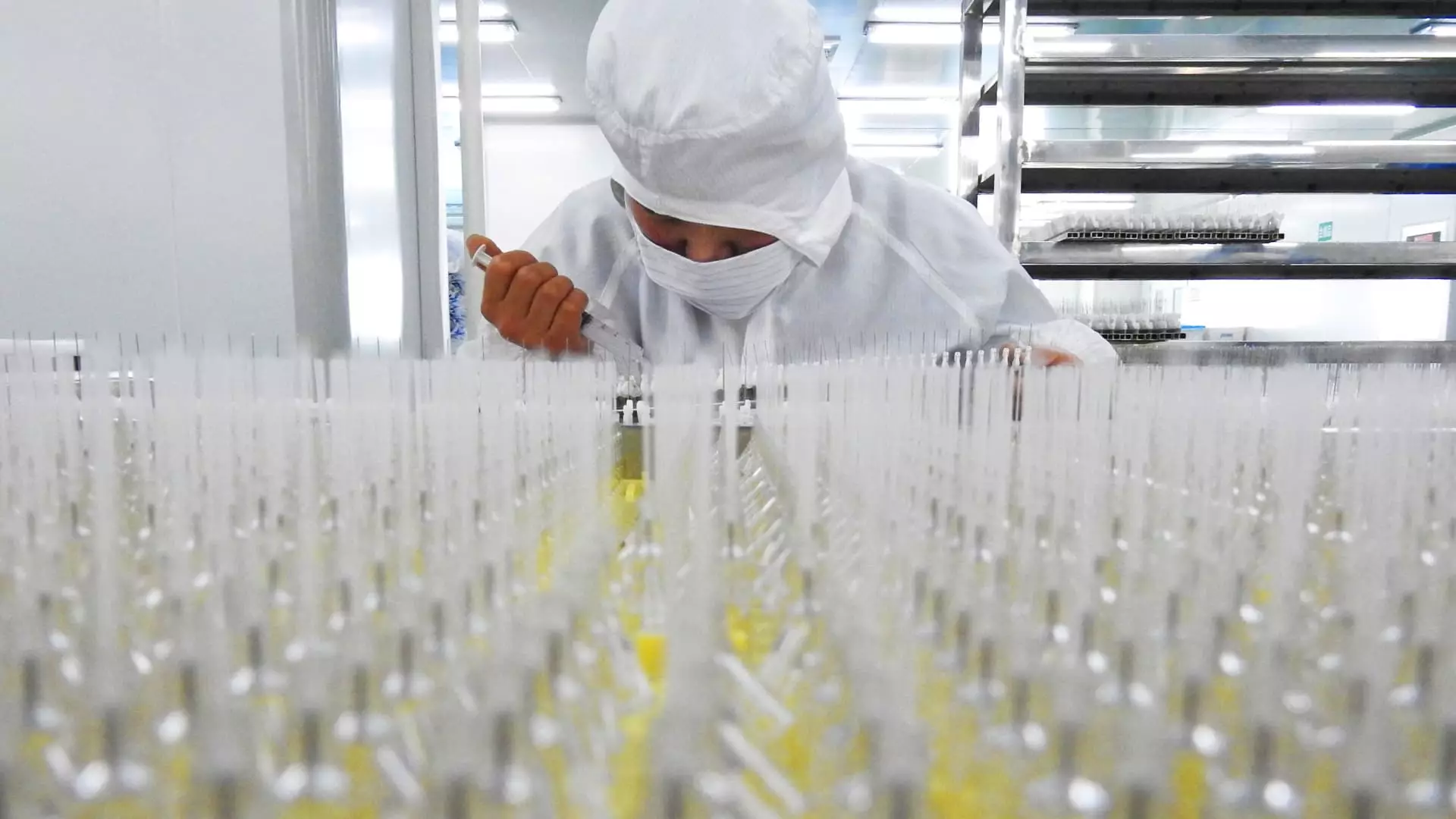China’s recent restrictions on EU medical device imports symbolize a shift towards a more aggressive posture amid deteriorating international relations. Rather than engaging in dialogue or seeking mutual understanding, Beijing appears to be wielding economic barriers as leverage against what it perceives as unfair practices by Brussels. These measures—limiting government procurements above a certain threshold and tightening import conditions—are not just about trade; they are about asserting dominance and signaling discontent. Yet, are these tactics sustainable or merely short-sighted responses that risk escalating a broader economic confrontation? From a center-leaning perspective, it’s evident that China’s actions, rather than promoting constructive diplomacy, deepen the fault lines and threaten the global supply chain they often claim to champion.
The Illusion of Reciprocity and the Eroding Global Framework
The European Union’s move to ban Chinese firms from participating in its lucrative public tenders for medical devices was presented as a move toward fairness—an effort to rectify what Brussels sees as unequal access to China’s vast market. However, China’s retaliatory restrictions reveal a troubling reality: a world increasingly susceptible to protectionism disguised as defensive measures. The premise of reciprocity, long foundational to fair trade, is now being twisted into a weapon of strategic advantage. This tit-for-tat approach does little to foster genuine cooperation and instead creates a cycle of distrust, hampering global economic recovery and innovation. It is not just a dispute over tariffs or market access but a crisis of confidence in the rules-based system that once kept international trade predictable.
Protectionism Undermines Global Progress and Innovation
The targeted restrictions on EU medical devices and components containing European technologies threaten to stifle progress in vital sectors like healthcare. These measures, ostensibly aimed at defending national interests, risk undermining the very innovation and collaboration that can help solve the world’s pressing problems. For a nation like China, which champions the idea of a “community of shared future,” these actions are contradictory—favoring protectionism over partnership. Such policies risk isolating China from global networks that enable technological advancement and economic growth. Conversely, they also expose a fragile understanding of the importance of an open, cooperative international order—one that benefits all parties in the long run, not just those willing to impose unilateral restrictions.
Towards a More Fractured Global Economy?
As China signals its readiness to escalate trade restrictions in response to EU policies, the international community must ask itself whether we are heading toward a fractured economic landscape. These moves are more than mere reactions—they reflect a broader geopolitical strategy that prioritizes national interests at the expense of international stability. For countries like the United States, China’s neighbor and economic rival, this pattern underscores the urgent need for balanced diplomacy—not brute-force trade tactics—to foster a resilient global system. The future of international commerce depends on whether nations can move beyond protectionism and work collectively to uphold fair, transparent rules that serve the many, not just the few powerful players seeking to impose their will.

Leave a Reply